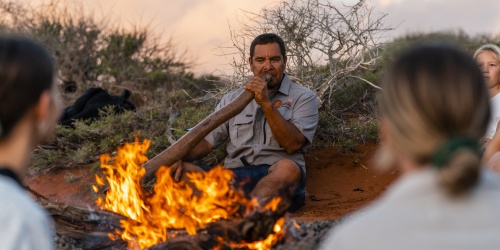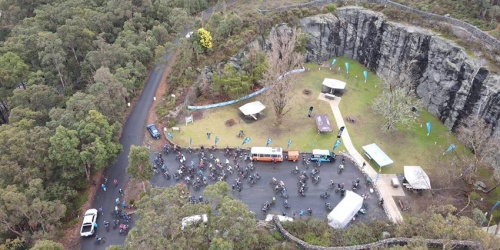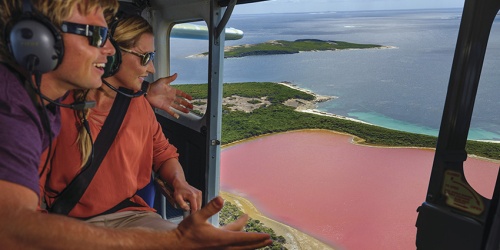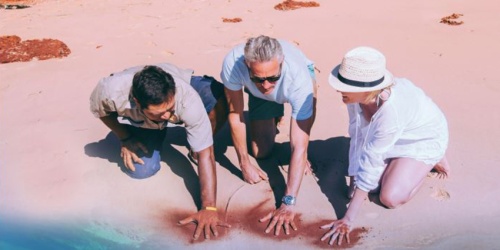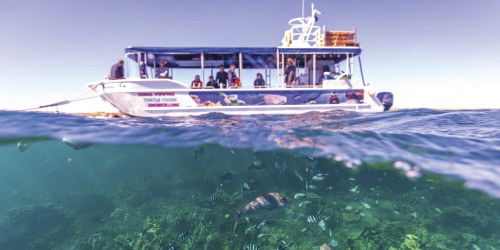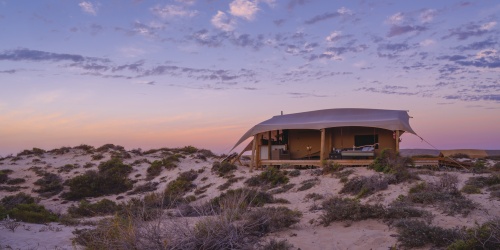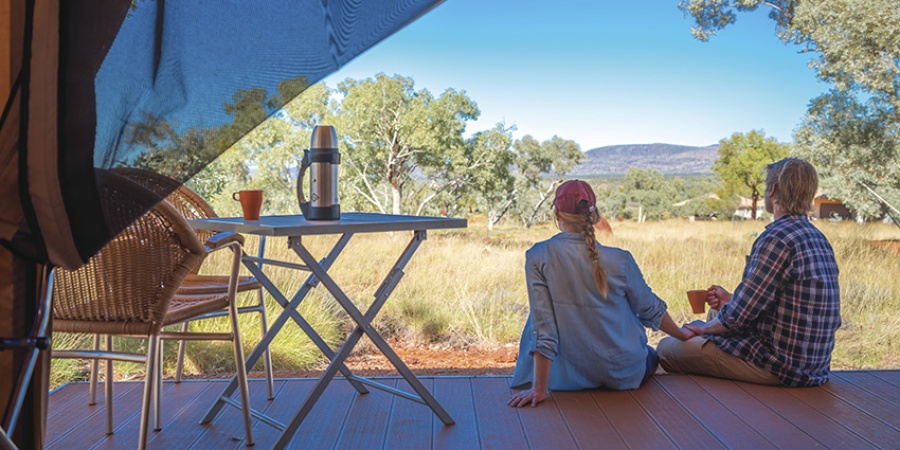
Karijini National Park Photo Tourism Western Australia
Western Australia is recognised as a world-class destination, with various and unique environments, cultures and communities. Undertaking a tourism business in one of WA’s parks means that you are ensured a spectacular and very special setting which will not soon be forgotten.
In considering tourism developments and businesses, there are different levels of assessment, approvals and requirements depending on the nature and location of the tourism proposal.
A tourism development that requires exclusive use of an area, such as an accommodation, would be enabled by a lease under the Conservation and Land Management Act 1984 (CALM Act). Leases are generally allocated through a competitive process to allow DBCA to assess and select the best applicant/s and to obtain the best outcomes for Western Australia. DBCA has a policy, Corporate Policy Statement 8 - Negotiating Commercial Development and Activities, that provides guidance on negotiating commercial development and activities and allows for direct negotiations with a proponent in some circumstances.
Any proposal for a lease must be consistent with the purpose of the park or reserve in which it is located, as well as the relevant management plan. Current management plans can be found at https://www.dbca.wa.gov.au/management/plans.
Lease proposals also require detailed site assessments to be undertaken at the proponent’s cost. These assessments include (but are not limited to):
- environmental impact assessment (flora, fauna, surface and groundwater, visual, landscape and geological);
- Aboriginal cultural and heritage values as well as the support of relevant traditional owner group for the location;
- other heritage values;
- socio-economic impacts;
- impacts of construction and ongoing operations; and
- risk assessment and bushfire planning.
In addition to the above, proposals must demonstrate that they are:
- commercially viable;
- by a proponent with demonstrated financial capability and skills and experience to deliver good outcomes;
- strategically aligned with State Government policy objectives and priorities;
- deliver outcomes in the public interest for Western Australia;
- value for money; and
- that they involve an acceptable level of risk.
Additional specific evaluation criteria may also apply.
For any development proposals in WA parks, the proposal would need free, prior and informed engagement with Traditional Owners as a fundamental first step. The WA Government is progressively jointly vesting and jointly managing parks with Traditional Owners, which means that they have a formal role in park management decisions, including on the grant of leases for tourism and other proposals. DBCA must also manage parks to protect and conserve Aboriginal culture and heritage values, so this is an important aspect of an impact assessment process. Proposals that seek to deliver opportunities for Aboriginal people are supported by DBCA, and the broader WA Government, through Jina: Aboriginal Tourism Action Plan. You can find out more by visiting the Plan for Our Parks and Joint management web pages.
DBCA leases are performance-based and lessees are required to meet key performance indicators, on which they are audited to facilitate the social, environmental and economic sustainability of the lease operation and ensure the lessee achieves best practice befitting of the State’s national parks and conservation reserves.
Revenue collected from any approved and operating leases will be retained within the park in which the lease is located to directly support ongoing management and conservation.
